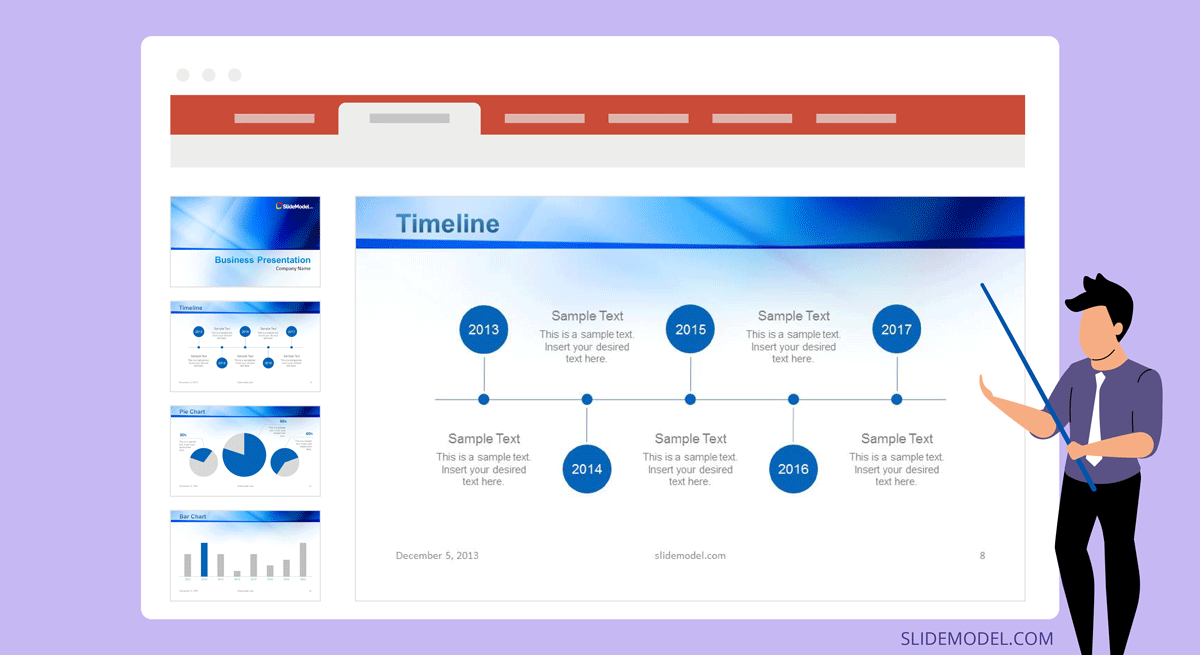Exploring the Top Trends in Management Offshore
Browsing Challenges: Proven Techniques for Effective Administration Offshore
Effective administration offshore offers a distinct set of challenges that demand flexible options and strategic approaches. By focusing on clear communication, cultivating a natural team culture, and executing durable threat monitoring practices, organizations can browse these complexities with greater ease. Additionally, leveraging innovative technology not only improves operations yet likewise helps with real-time collaboration throughout geographically distributed groups. As we check out these tried and tested methods, it comes to be critical to recognize just how each element interconnects and adds to a resilient offshore administration structure. What insights can we uncover concerning the elaborate balance necessary for success in this vibrant setting?
Understanding Offshore Obstacles
In browsing the complexities of offshore management, organizations should initially identify the distinct obstacles that occur in this environment. Misunderstandings can lead to inefficiencies and hinder collaboration amongst teams.
Additionally, conformity with local legislations and regulations offers one more layer of intricacy. Organizations has to stay educated of the legal landscape in each offshore territory, as non-compliance can result in extreme fines and reputational damage. Varying labor legislations and work methods can make complex workforce monitoring, needing companies to adjust their human resources methods accordingly.
An additional considerable obstacle is the danger connected with financial and political instability in particular regions. Organizations should examine these dangers and create backup strategies to minimize potential disruptions. Ultimately, understanding these obstacles is important for companies aiming to maximize their overseas management techniques and accomplish lasting success in a globalized company environment.
Effective Interaction Methods

Establishing a common language and ensuring that all staff member excel in it can reduce misunderstandings. It is also vital to take into consideration cultural distinctions that may affect interaction designs. Normal check-ins and feedback sessions can advertise an environment of openness, enabling employee to voice issues and share insights.
To improve interaction effectiveness, creating an organized interaction strategy that describes frequency, methods, and vital stakeholders can give quality - management offshore. In addition, employing visual aids and written documents can enhance spoken messages, making sure that information is maintained and understood
Building a Solid Group Culture
Growing a solid group society is vital for the success of overseas groups, as it lays the foundation for collaboration and performance. A durable group society cultivates trust, interaction, and a shared feeling of purpose amongst team members, which is especially critical when working across different time zones and cultural contexts.
To construct this society, leaders need to focus on open communication, making certain that all staff member feel listened to and valued. Routine check-ins and comments sessions can aid enhance this method, permitting the identification of problems and the event of achievements. In addition, establishing clear goals and aligning them with the team's worths enhances dedication and liability.
Motivating social communications, both digital and in-person, can additionally enhance connections within the group - management offshore. Casual celebrations and team-building tasks advertise friendship and help damage down obstacles that might exist due to geographical distances. Identifying specific payments and commemorating turning points additionally cultivates a feeling of belonging and motivation
Eventually, a strong team society not just improves partnership useful site but additionally drives advancement, as staff member really feel equipped to share concepts and take risks. By purchasing social advancement, offshore teams can attain higher success and strength despite difficulties.
Implementing Risk Monitoring Practices
Danger management is an important component of effective overseas administration, ensuring that groups are prepared to browse uncertainties and prospective challenges. To execute efficient risk management techniques, organizations must initially identify the certain threats related to overseas operations. This consists of studying elements such as geopolitical instability, environmental risks, and supply chain vulnerabilities.
Once dangers are determined, the next action involves analyzing their potential influence and likelihood. This analysis enables teams to prioritize threats, concentrating resources on those that posture the best threat to task success. Establishing a detailed danger management framework is essential; it ought to include clear protocols for threat mitigation and contingency preparation.

Leveraging Innovation for Success
In today's rapidly developing landscape, leveraging modern technology is critical for achieving success in offshore management. The combination of sophisticated technological services can significantly enhance operational effectiveness, enhance interaction, and foster collaboration across varied groups.
Cloud computing systems assist in real-time data sharing and availability, permitting task stakeholders to remain educated and engaged no matter their geographic places. This immediacy not just improves decision-making however also aids alleviate threats related to details hold-ups. Furthermore, job administration software program supplies a central hub for tracking development, appointing jobs, and handling sources, making sure that all staff member are lined up with project objectives.

Verdict
Finally, effective offshore administration necessitates a detailed method that incorporates reliable communication, solid group culture, extensive threat monitoring practices, and progressed technical services. By cultivating collaboration and interaction among diverse groups, companies can navigate the intricacies of offshore procedures much more expertly. In addition, the execution of a robust risk monitoring structure and the application of innovation not just improve functional efficiency yet also prepare companies to effectively reply to possible difficulties and uncertainties in the overseas atmosphere.

By focusing on clear interaction, fostering a natural group society, and executing robust risk administration practices, organizations can navigate these intricacies with greater convenience.Risk administration is a critical element of successful overseas monitoring, guaranteeing that teams are prepared to browse uncertainties and prospective obstacles. Furthermore, task monitoring software program offers a centralized hub for tracking development, appointing tasks, and handling resources, guaranteeing that all group participants are lined up with job goals.
In final thought, effective offshore administration demands a detailed approach that integrates efficient communication, solid group society, strenuous threat monitoring methods, and advanced technical services. By cultivating cooperation and interaction amongst diverse teams, companies can browse the complexities of overseas operations a lot more expertly.